Contribution From Integrated Brilliant Education Ltd.
The term ‘ethnic minority’ (EM) is widely used by Hong Kong government departments, even the Education Bureau, to describe any student who is not a hundred percent native Chinese-speaking. At other times, government reports share their findings while classifying Non-Chinese Speaking (NCS) and EMs interchangeably.
We live in a world that talks about Diversity and Inclusion (D&I) and yet we tend to use acronyms to create boundaries around certain sections of people.
You may ask, where is the bias in the term ‘ethnic minority’? Fact: There is an educational marginalization of Hong Kong’s under-served, socioeconomically less, underprivileged kids. Therefore, using ‘ethnically marginalized minority children community’ misrepresents the current status.
Language-based inequity for non-Chinese speaking students creates inequal opportunity
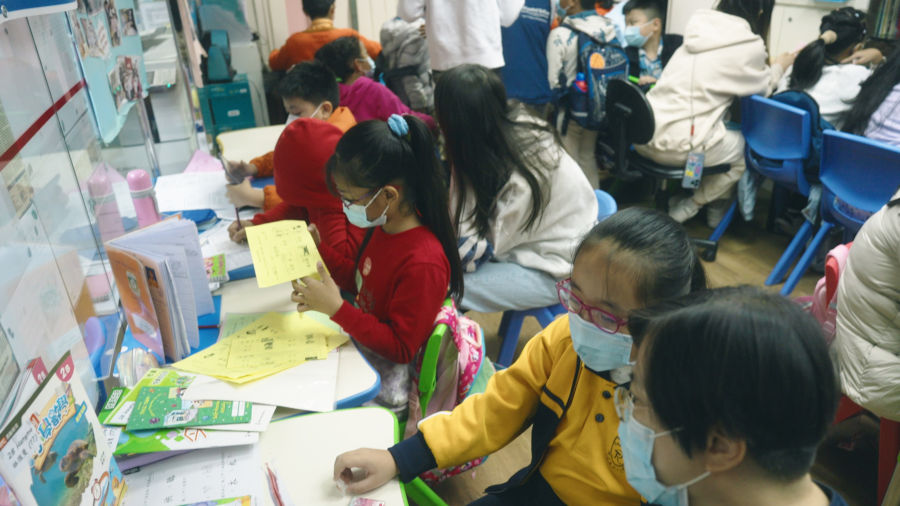
If one were to probe deeper, contrary to local schools, Hong Kong’s international schools have no such terms as ethnic minority, Non-Chinese Speaking, or Non-English Speaking children. Yet, this term has been used interchangeably to denote ethnic minorities.
All Hong Kong children from all backgrounds are deserving of education, the kind that encourages and empowers. The kind of learning environment that motivates and incites big dreams. And most importantly, the kind that enables a child to communicate confidently in their daily life. However, there are some children who are not getting that kind of education.
From the schooling perspective, it is the language-based inequity, as well as unequal learning opportunities in the free local schooling system, that have caused marginalisation of certain children.
Marginalized students don’t need a watered down curriculum
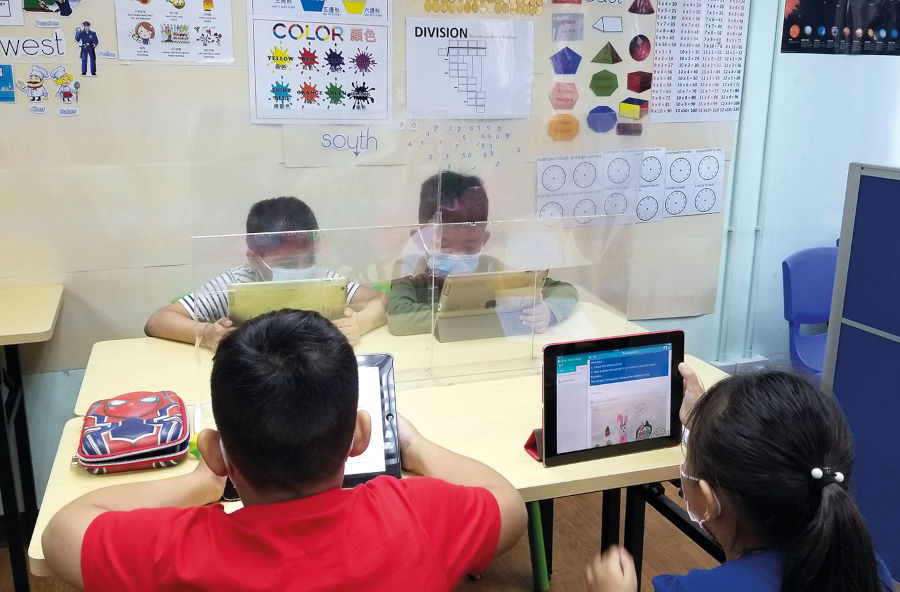
There is an unspoken assumption that Chinese is a difficult language, and therefore cannot easily be learnt, unless one has grown up in a Chinese-speaking environment. However, there are no statistics to prove that marginalized children do not have the learning capacity for the Chinese language.
In Hong Kong, all local schools use Cantonese as the medium of teaching. Some schools are designated as using Chinese as a Medium of Instruction (CMI) or English as a Medium of Instruction (EMI). Both teaching systems can result in a child being unable to gain a solid grasp of either English or Chinese, further diminishing confidence and setting the stage for inequal opportunities in Hong Kong society.
These children are offered the dumbed-down alternative curriculum, which is not necessary, they just need more practice in learning the language. Equality in education will provide equal opportunities for all children.
When a bias is created in an education system, children internalize this limiting belief, and feel inferior. Going forward, these children feel they are not good enough, and they harbour this sentiment all the way into adulthood.
Holistic language education creates equal opportunity
Bridging the gap between diversity and inclusion requires cultural immersion, and the key element is language. Without a journey in immersive communication amongst children, the bias and educational inequality remains.
Cantonese is the daily language of Hong Kong, therefore learning the language has become an imperative part of integrating and interacting with the local community. Equal opportunities in career and education can happen to children who are adept at communicating in the local language.
The NCS marginalized children are equally valuable assets to Hong Kong’s economy. They form an integral part of Hong Kong’s society. In fact, they have the capability to become great contributors to Hong Kong’s future. All this can only happen if they are treated as equals, creating a sense of belonging in the community.
If marginalized children are treated with respect, nurtured, and encouraged with dignity through equal access to educational opportunities, only then can they feel that Hong Kong is their home.
Education is meant to build an individual’s confidence to face the future, and to enable a child to feel ambitious enough to step up and contribute to society. In order to achieve, a child needs the right kind of support to learn a language that will enable them to communicate easily and comfortably.
IBEL breaks the barriers for marginalized children with adapted curriculum
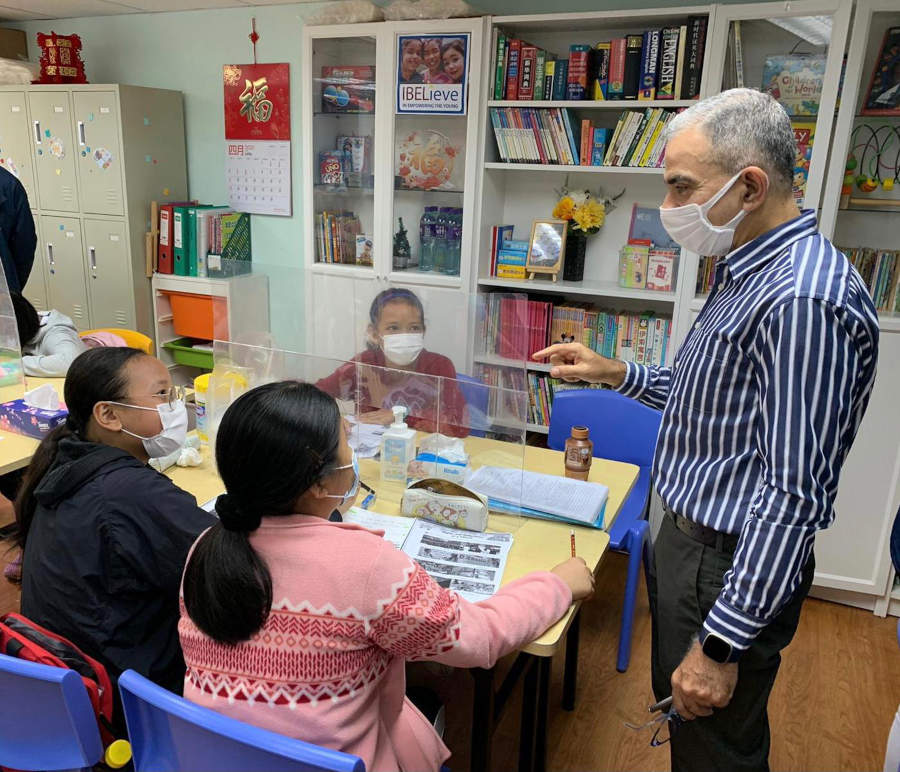
To fill in the education gaps and strengthen the language abilities of the children, Integrated Brilliant Education Ltd. (IBEL), a registered Hong Kong charity, has been proactive in offering daily frontline support to over 250 educationally marginalized children.
All this started in 2015, when Mr. Manoj Dhar, the Co-Founder & CEO of IBEL, and his wife, Geetanjali conceptualized IBEL’s mission. Today there are two Education Bureau-registered learning centres in Jordan and in Cheung Sha Wan. Within a nurturing environment, the children’s academic, physical, and emotional well-being is addressed. Several outdoor experiential learning activities are part of the child’s development as well. The children’s ages range from 5 to 15 years, and with support and regular practice, their confidence in their Cantonese-speaking and writing skills improves consistently.
Primary level children studying in CMI schools and EMI schools face different challenges. Lack of exposure to Chinese at home, means the IBEL teachers have to provide as much language stimuli as possible. It is imperative that the children develop fluency in the four skills of writing, reading, listening, and speaking the language. Once this happens, it becomes easier for the child to learn other subjects in the classroom, and to interact with their classmates.
For secondary level students, IBEL provides support in all subjects, including Mathematics, Liberal Studies, Sciences, Businesses and others. Career and Life Planning Education (CLPE) takes place at Hong Kong secondary schools. In this area, IBEL teachers also act as mentors and life coaches to guide the students to enhance their future academic journey.
The effect of providing equal access to education
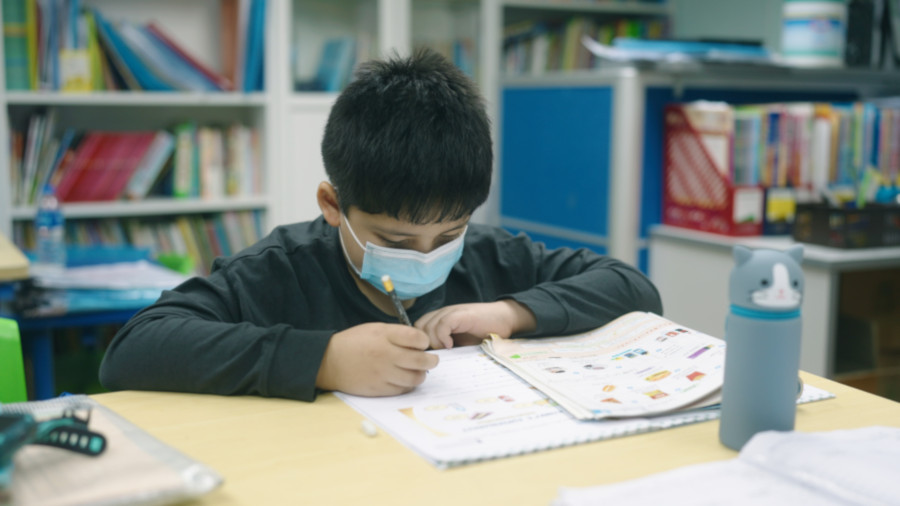
It has been noted that the students at IBEL are keen enthusiastic learners. They look at their schoolmates to build friendships, not to build barriers. There have been fun cultural exchange activities and other interactive sports programs to encourage a wider understanding and acceptance of children from diverse backgrounds.
The successful IBEL model of teaching non-Chinese speaking students has come to the notice of many NGOs. They have reached out to Dhar for his expertise on how best to educate and include NCS students though a holistic, empathic, and inclusive approach.
‘Encouraging and supporting the young ones is our unquestioning responsibility for the betterment of Hong Kong society and its future.’ Dhar says. In 2017, Dhar was heralded Champion of the Operation Santa Claus/UBS NGO Leadership Programme. In 2021, on behalf of IBEL, he accepted the SCMP Classified Post HR Appreciation NGO Covid-19 Special Award.
While attending to the daily activities of the IBEL centres, Dhar routinely interacts with IBEL’s beneficiary children, their parents, and the teaching staff to check on the students’ progress.
Recently, a few IBEL students were asked to fill out a questionnaire. One of the questions was on identity and how they viewed themselves: Did they feel that they identified as: a) ethnic minority, b) Hong Konger, c) expat, or d) other? The interesting fact is that the majority of the children chose b) Hong Konger.
This sense of belonging is an important factor for a child’s growth and development. Being able to communicate in the local lingo will empower them to integrate and become contributing citizens to Hong Kong society.
Consider supporting IBEL to fund improvements to their centres and their 250-plus students’ experiences by donating below.
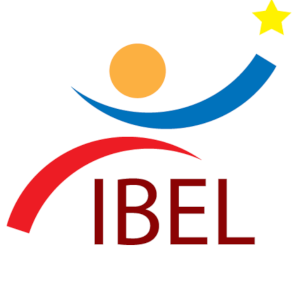
Husband and wife duo Manoj and Geetanjali Dhar founded Integrative Brilliant Education Ltd. in 2015. With educational centres in Jordan and Cheung Sha Wan, IBEL supports underprivileged children from non-Chinese speaking communities who face marginalization, with language learning support and life skill development. These students encounter barriers in their education and life paths sprouting from inequal access to education at a young age.
Header image credits: IBEL




